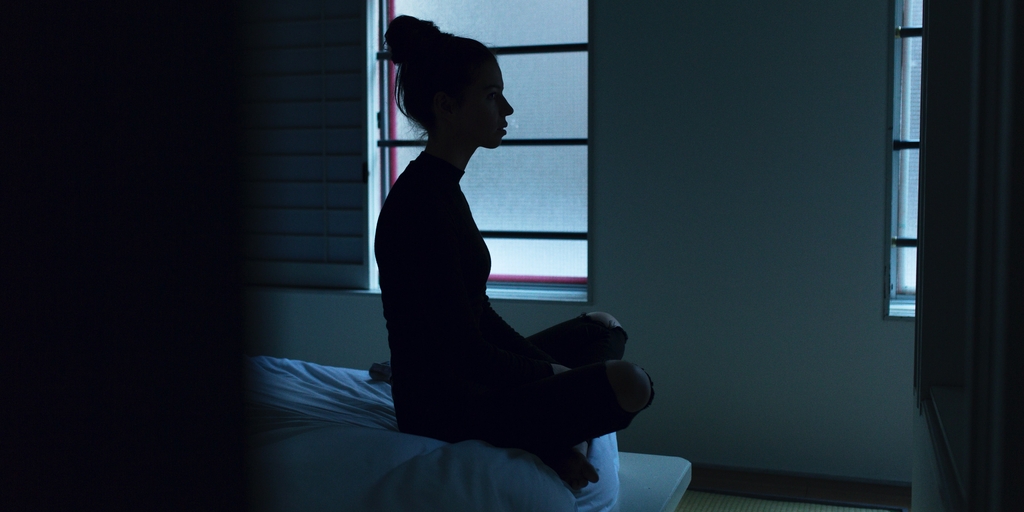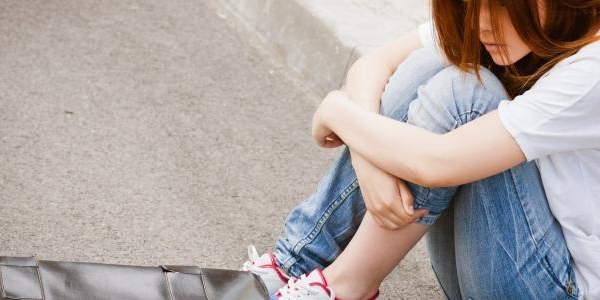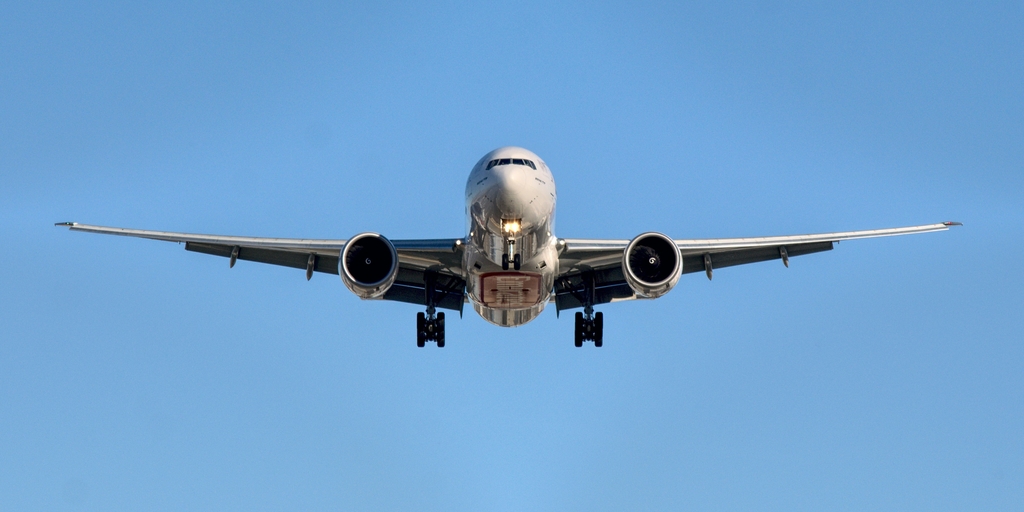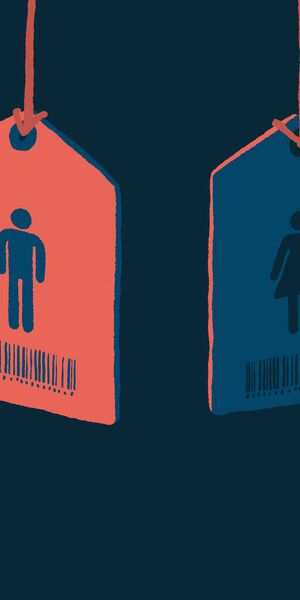Human Trafficking in Northern Ireland - A sad reality
Human Trafficking
Human Trafficking is a serious crime which sadly is a reality in Northern Ireland. Potential victims of trafficking have been found in towns and cities in this jurisdiction.
The Oxford Dictionary definition of human trafficking is: ‘the illegal practice of procuring or trading in human beings for prostitution, forced labour, or other forms of exploitation.’
People are coerced into human trafficking through violence or intimidation, or by more subtle means such as accumulated debt, the promise of a job, withholding identity papers or threats of contacting police or immigration authorities. It has rightly been described as a form of modern-day slavery.
Many victims can see no way out. They often feel they have no choice but to accept this new demeaning and exploitative way of life, but it can have a massive impact on their psyche, in many cases causing lifelong effects.
They can give up hope.
As a teenager from a relatively privileged background I’m ashamed to say I was naïve about the scale of the human trafficking problem until this year. (And I would like to thank the NGOs IJM, Flourish NI and CARE NI for better educating me). While I knew human trafficking was a cruel crime, I pictured it far from Northern Ireland and thought of slavery mainly in historical terms, a crime thankfully dying out. How could such a vile and hateful crime as this possibly exist in the same areas where my friends and I grew up and went to church and school? How could it exist in the same era as iPhones, in such a developed and modern society?
It was idealistic of me to expect it not to affect Northern Ireland and to assume the people who commit these crimes got put away as soon as human trafficking was discovered.
The truth depressingly is in stark contrast to my presumptions.
Below is the breakdown of human trafficking victims discovered in Northern Ireland in the latest year of data available, giving insight into the variations of exploitation.
In the financial year 2017/2018 there were 36 victims found. As depicted in the pie chart the nature of exploitation varies.

Undoubtedly the biggest areas of exploitation by human trafficking on average is for forced labour or sexual exploitation.
‘Forced labour’ encompasses a spectrum of exploitation where victims can be forced to work in industries such as fishing, agriculture, car washes or in factories by criminals who seek to profit from the labour of others. Depending on the case in question, often it will involve deception where individuals can be told they will work in certain conditions or in a certain industry but discover a very different reality when they arrive; repeated physical and/or emotional abuse; confiscation of passports to ensure individuals cannot easily leave; threats to family or friends at home if they have travelled to Northern Ireland; and either low or no pay for the work being performed.
There are two main types of sexual exploitation: child and adult sexual exploitation. Child sexual exploitation involves children being exploited by others for their personal gratification and sometimes are involved in prostitution in fixed or changing locations. Children are often groomed by offenders who establish false and exploitative relationships with them. In Northern Ireland child sexual exploitation has been recorded both of children and young people from this part of the world as well as other countries.
Adult sexual exploitation victims can be trafficked and exploited in established locations such as brothels or in hotels or flats where the location frequently changes, with victims being advertised predominantly online on prostitution websites. Victims may also be trafficked for personal gratification, forced to live in residential sites controlled by criminal gangs. In some cases, they can be confined to a site for a long period of time.
By the Numbers (from the financial year 2009/2010 - 2017/2018)
Total victims rescued in Northern Ireland: 309
Total human trafficking offences in Northern Ireland: 131
(According to PSNI figures, In the financial year 2017/2018 there was 10 x more offences than in 2009/10, a drastic increase).
Total convictions in Northern Ireland: 8
(Matyas Pis and Rong Chen 2012, Ionute Llie and Ancuta Schwarz 2013, Bronislav Rybensky 2014, Ioan Lacatus 2016, Decebal Mihai and Llie Mihai 2018)
Note: 8 out of 131 offences recorded by the PSNI have led to convictions. Out of those 8 convicted 7 were for sexual exploitation.
The increase in trafficking offences being reported could well be because there is greater awareness of this crime and the police are treating it as a high priority, rather than an increase in the actual number of victims. However, it is disappointing that we are not seeing more convictions in comparison to the number of victims and recorded offences. It doesn’t inspire confidence in the criminal justice system or tackling the problem at hand in Northern Ireland.
Why is it so hard to get convictions?
There are two main reasons.
-
Human trafficking is usually a well-hidden crime and therefore it is difficult to discover those who are being trafficked. Victims are often afraid to speak out or unable to report their ordeal to police for several reasons including language barriers or simply because they are held captive. The victims have been through a mentally damaging ordeal and are then thrust into the gruelling process of the Northern Ireland justice system. This is a system individuals from Northern Ireland have problems understanding let alone those from other countries. In addition, many victims of trafficking do not speak English as a first language, let alone being able to understand the technical legal jargon of the criminal justice system. Without adequate evidence the traffickers cannot be held responsible and therefore cannot be convicted
-
Even if the victim is able and willing to endeavour to put their offender away, the Public Prosecution Service (PPS) is on average taking almost 35 weeks to decide whether Crown Court cases should proceed - an increase of more than 21% compared to 2017-18. In addition, it can take time for the PSNI to produce a file for the PPS to consider, lengthening the amount of time. While this is going on, victims can often be relieving the trauma of what they have experienced.
However, hope remains.
Despite the increase in crime and the loss of some well-deserved convictions I gain hope from NGOs such as CARE. Steps are being taken. Criminals are getting convicted. Victims are being freed. And people like the person reading this are becoming more educated on the issue.
Hope remains.
John 1:5 The light shines in the darkness and the darkness has not overcome it.
If you would like to further educate yourself CARE has lots of resources available on the website here and you can find more information from some of these other organisations: A21, Stop the Traffik, NI Direct and many others.
Lucy is going into Upper Sixth at a school here in Northern Ireland and has been on work experience with CARE NI.
-----------------------------------------------------------------
Source of information in the blog:
Main source of victim data: https://www.octf.gov.uk/Publications/OCTF-Annual-Report-And-Threat-Assessment
Main source of criminal data: https://www.psni.police.uk/inside-psni/Statistics/police-recorded-crime-statistics/ : table 11 in Excel spreadsheet (4.3 MB)
Source of delays in prosecution: https://www.belfasttelegraph.co.uk/news/northern-ireland/pps-blames-resources-for-delays-in-crown-court-proceedings-38217994.html
Conviction sources
Matyas Pis 2012: https://www.belfasttelegraph.co.uk/news/northern-ireland/northern-irelands-first-human-trafficking-conviction-is-handed-down-28741710.html
Rong Chen 2012: https://www.belfasttelegraph.co.uk/news/northern-ireland/woman-jailed-for-trafficking-prostitutes-28768345.html
Ionute Llie and Ancuta Schwarz 2013: https://www.bbc.co.uk/news/uk-northern-ireland-36652029
Bronislav Rybensky 2014: https://www.belfasttelegraph.co.uk/news/northern-ireland/two-years-in-jail-for-pimp-who-flew-czech-prostitutes-in-to-work-in-belfast-city-centre-brothels-29906847.html
Ioan Lacatus 2016: https://www.belfastlive.co.uk/news/belfast-news/gangmaster-who-stole-15000-wages-11993214 (Forced labour)
Decebal Mihai and Llie Mihai 2018: https://www.belfastlive.co.uk/news/romanian-sex-gang-brothers-jailed-14351122





Share story
Human Trafficking in Northern Ireland - A sad reality